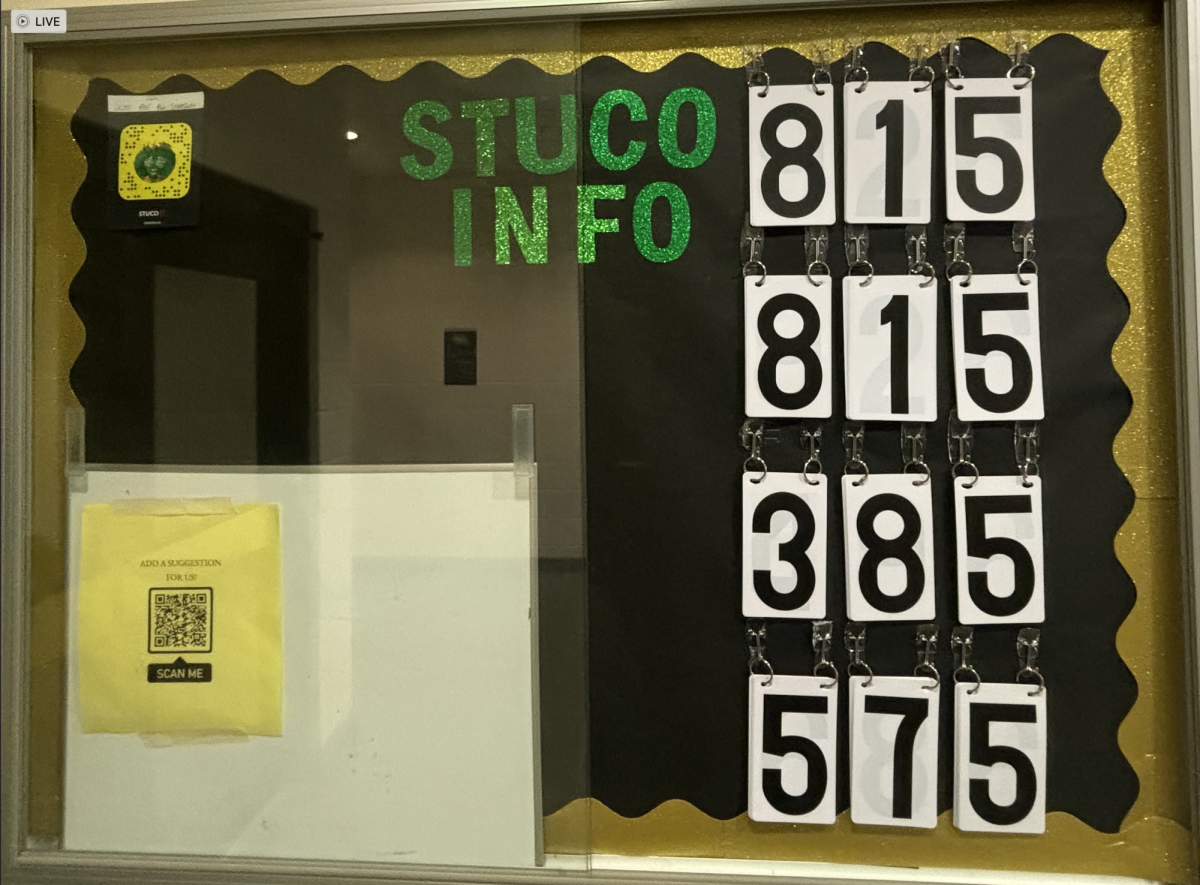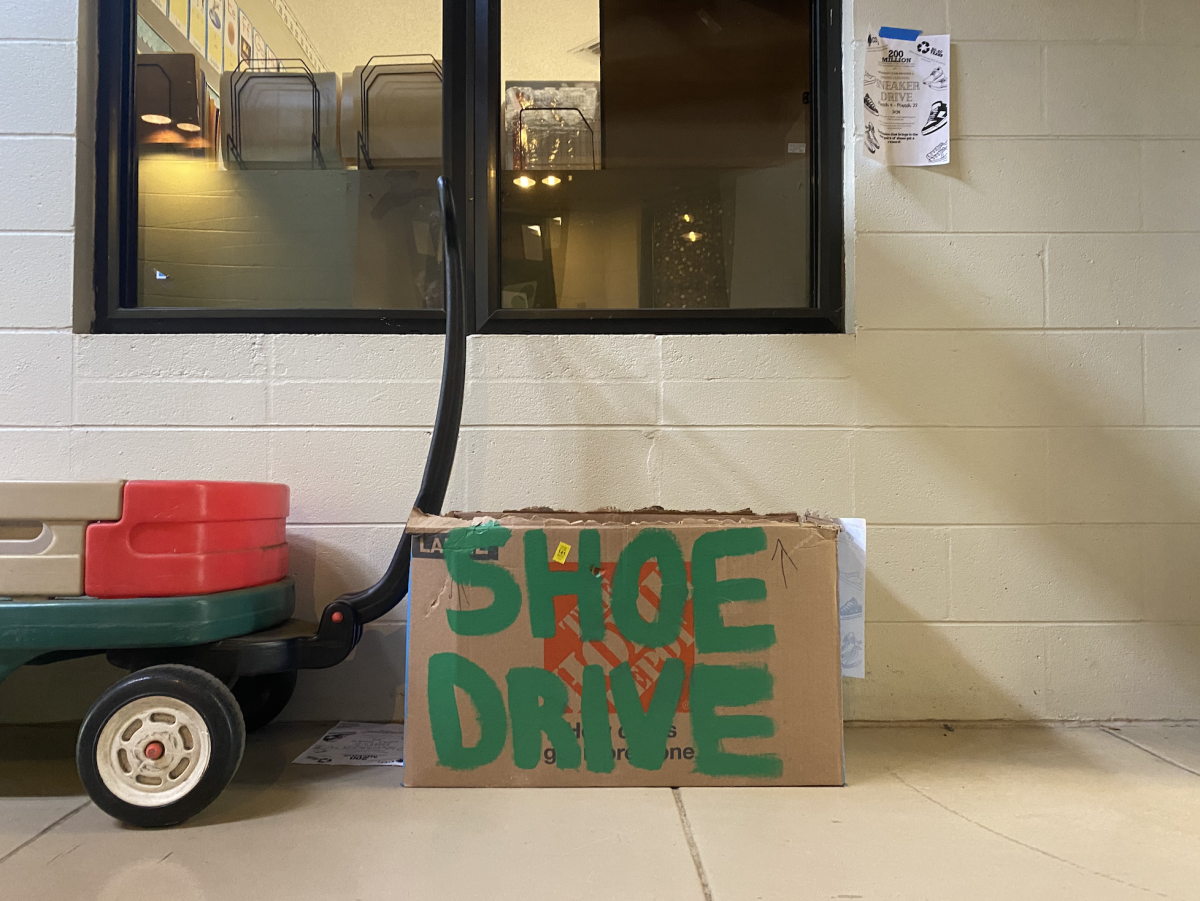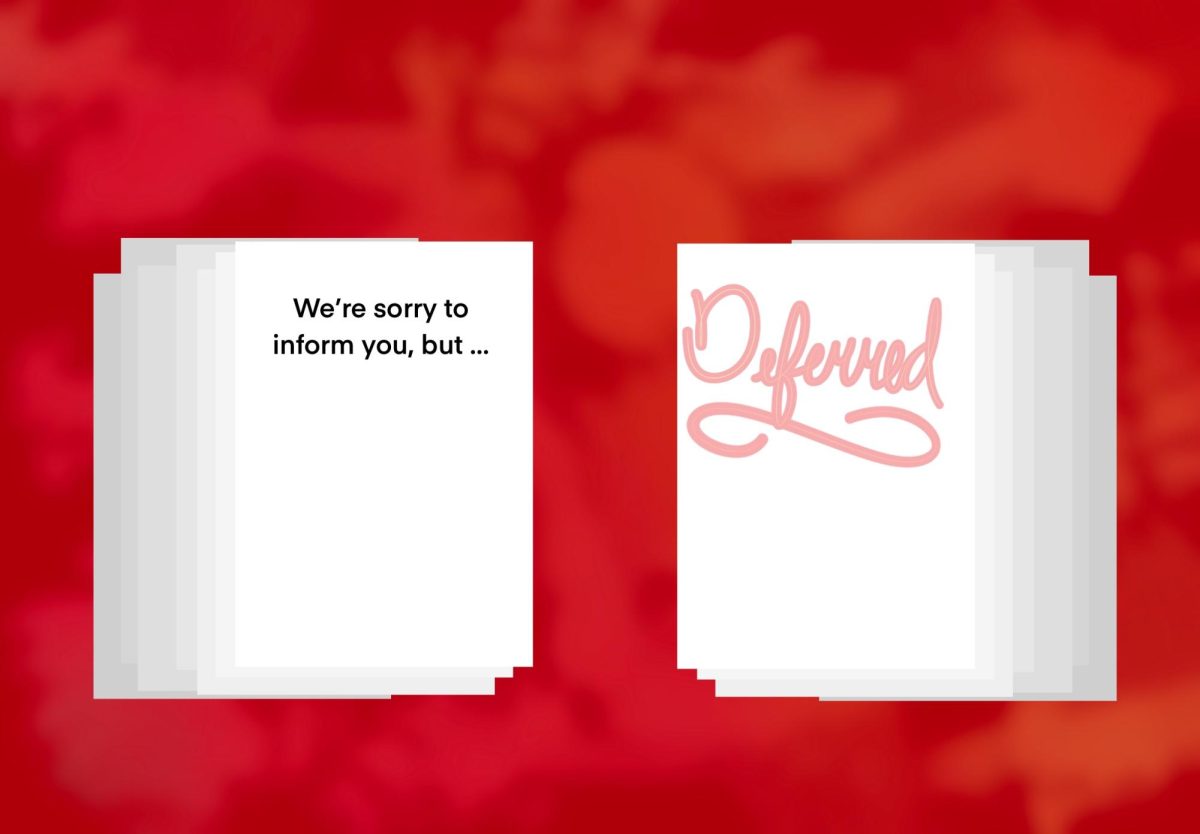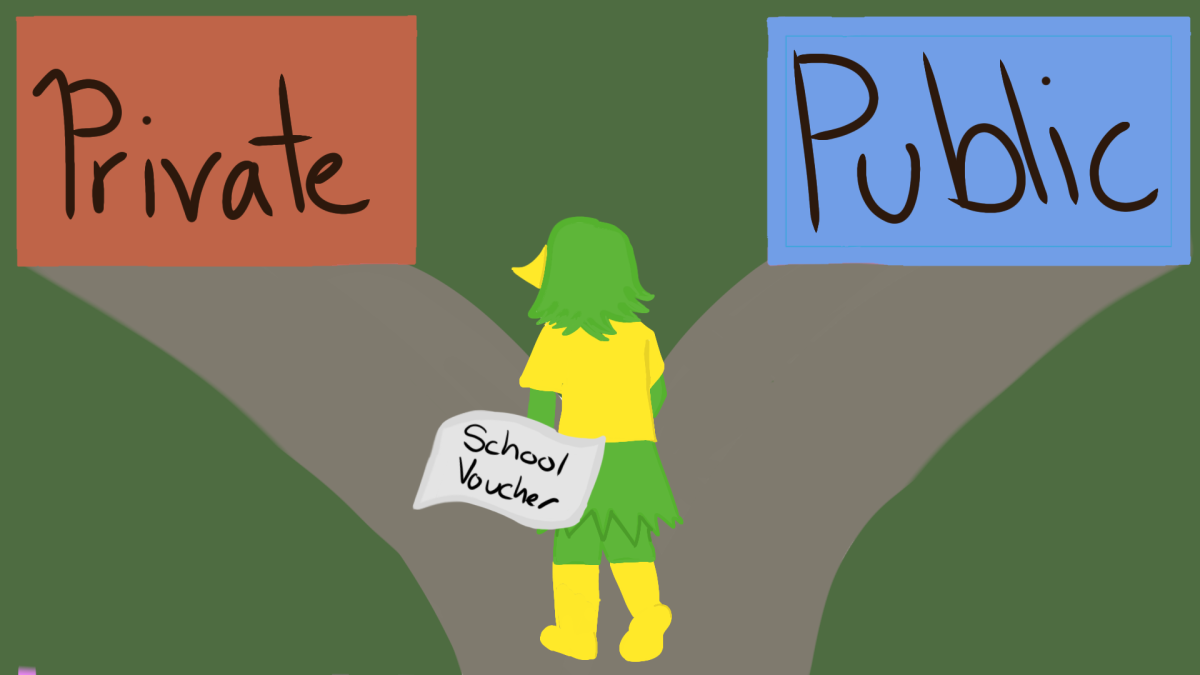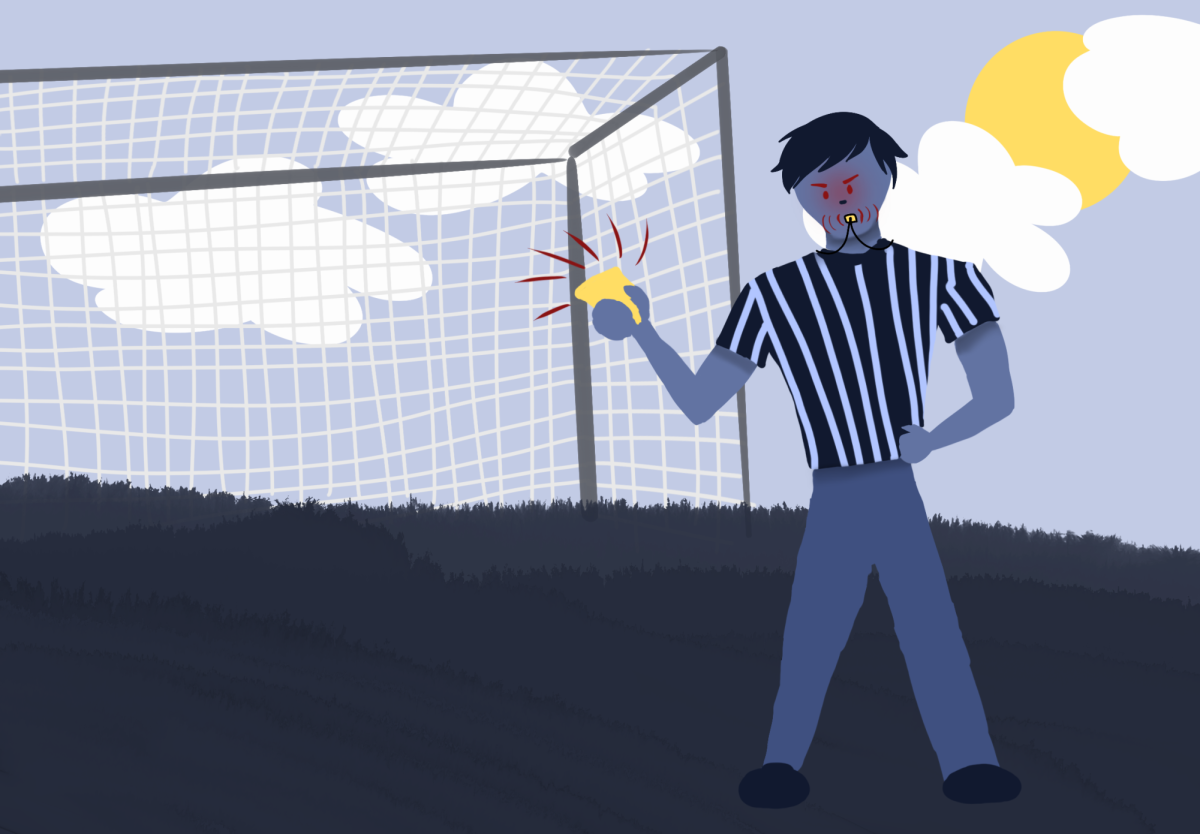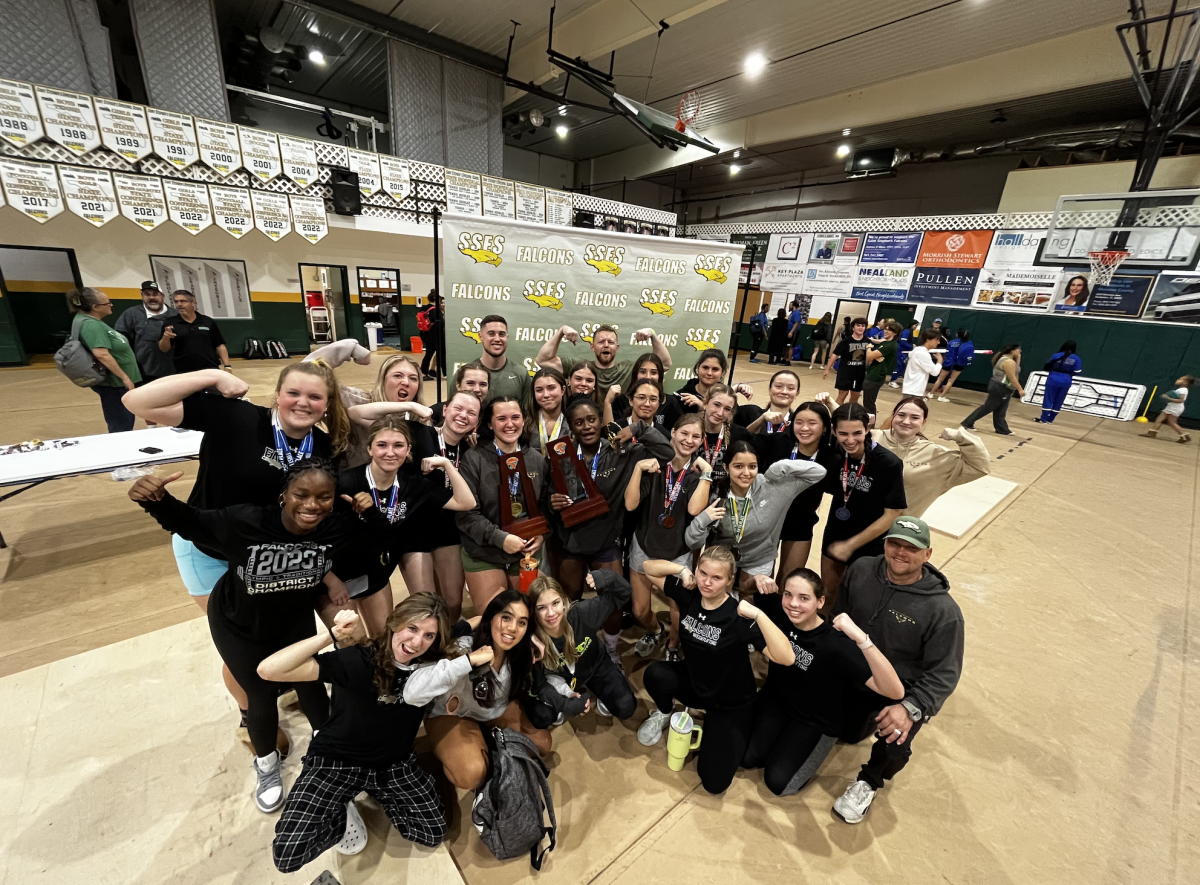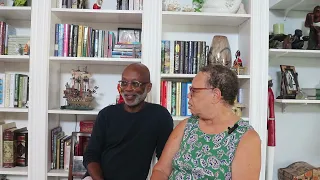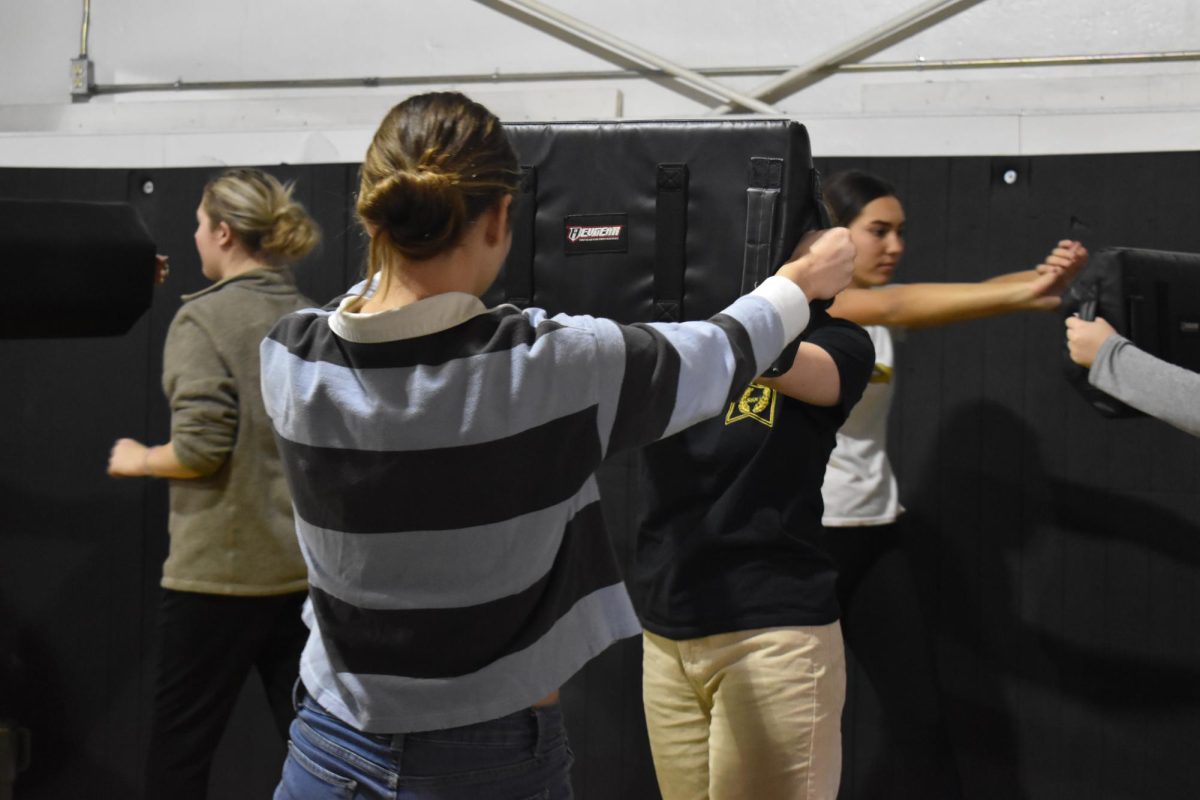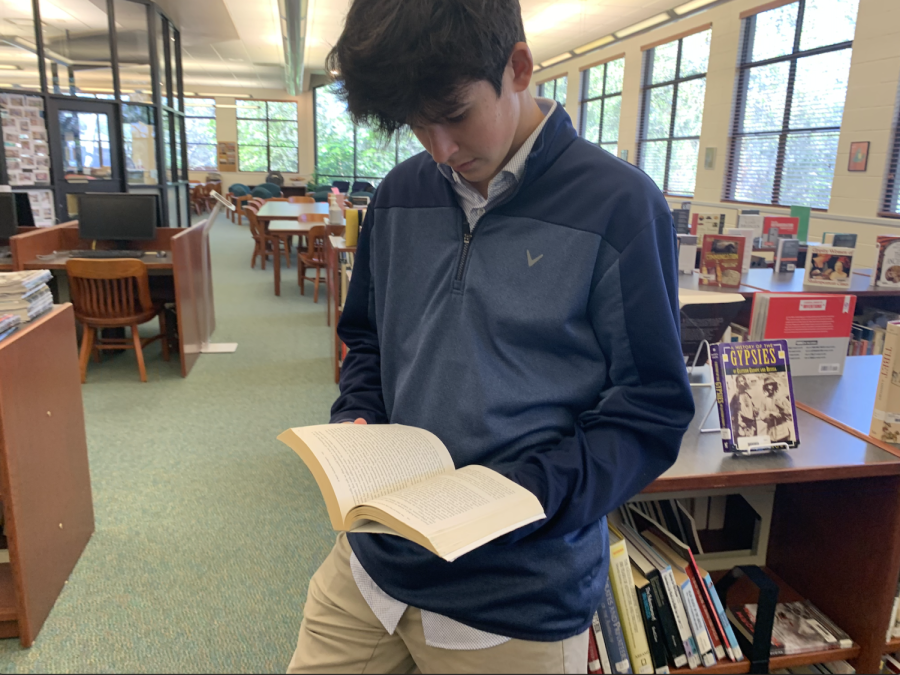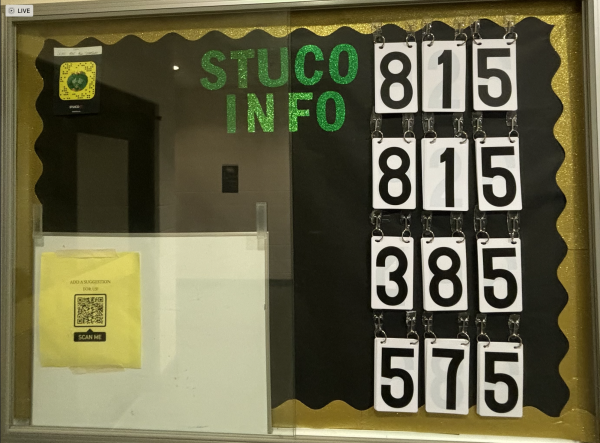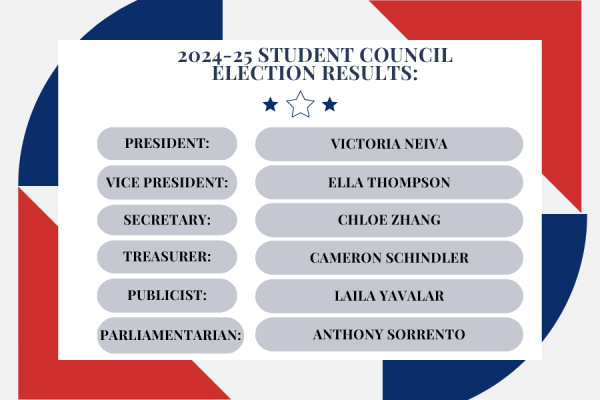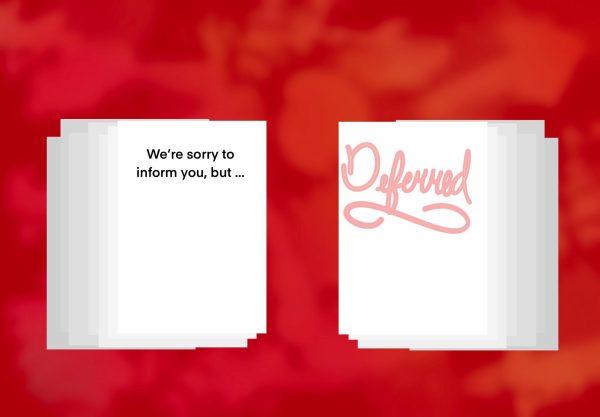Bring back the love of reading
School can put a damper on our love of reading. It’s time teachers and students revive a love of reading.
Once a joy for many kids, reading is seen as a chore for many Upper School students.
January 25, 2023
Reading. It used to be one of my favorite things to do in elementary school, but now, I resent it. At one point, I was so obsessed with reading that I’d take my tests as quickly as possible just so I could read for the rest of the class. Now, as a high schooler, when I’m told to read a novel, I either skip or skim through the book.
As kids, when our elementary teachers would announce reading time, it was one of the best parts of our school day. Instead of multiplication worksheets or history articles, which at the time was such hard work for an 8 year old, we got to take a break and read; however, since becoming high school students, we just groan in annoyance when told to read.
What happened? Why did our love of reading, of getting into stories, die out?
As kids we loved reading and the imaginary worlds books brought us to, now, not so much.
This is a problem. Studies have shown that reading makes you smarter, more well-rounded, and plays an integral role in practical life. Reading is used to text, read articles, view media posts, etc. Abigail Wise, an editor for Outdoors Magazine, noticed that “Not only does regular reading help make you smarter, but it can also actually increase your brainpower.” Wise said that if kids grow up resenting reading and begin to rely on technology or other assistance, how they talk,write, and their ability to understand extensive vocabulary will collapse.
Teachers who remember what it was like to be a teenager understand that tedious homework and required activities are not the way to go. Jennifer Gonzalez, a literature teacher herself, recognizes this change. “She began to understand that scripted programs and reading-related activities—teacher-centered reading instruction—were not the way to help students become life-long readers.”
Along with this, reading is a beneficial activity that enhances a variety of important skills and can even be a stress reliever. According to Thomas J Law in his article “10 Benefits Of Reading Books,” “Reading is good for you because it improves your focus, memory, empathy, and communication skills. It can reduce stress, improve your mental health, and help you live longer.”
The change of heart towards reading may be a result of books being an activity once used to escape schoolwork into becoming schoolwork. As we got older, reading became assigned more and more for homework, which shaped our idea of reading into being seen as a chore, yet another piece of homework.
In my personal experience, I grew up reading constantly. I read almost every Diary Of a Wimpy Kid or Goosebumps book I could get my hands on because of the imaginary journeys they brought me on. I didn’t view reading as a chore; however, the older I got, the more reading became less optional and more of a chore. My mindset shifted. I once thought of reading as a fun activity I could do after school; however, now it has been warped. Reading has become something I have to get over with for a decent grade.
Something teachers could consider for their classes, instead of picking a book for their students and setting up a schedule of required reading each day, is to allow students to choose their own book. This way students can pick a book they are genuinely interested in and read at their own pace. If teenagers continue reading books they have interest in, they won’t view reading as such a burden.
Of course, the books teachers pick are usually for a good reason and often teach young individuals valuable lessons; however, do students really listen to these lessons? If students don’t care about the books they’re reading, they won’t analyze or care to learn anything from the book. Teachers can then plan assessments and essays with open-ended prompts that connect to all books, allowing students to do the work of connecting their choice books to assessment expectations.
To this day, I remember being a kid and reading every chance I got, whereas now, as a teenager, I barely pick up or even think of a book unless it’s a requirement. So I’ve decided to change my mindset towards reading, which, to be honest, I’ve only decided to do because of the New Year and the new goals I’ve set. I chose this goal because I realized how many unread books I have and how much time I’ve wasted this year just aimlessly scrolling on my phone.
The little habits you impute into your daily lifestyle matter. You, too, can change your view on reading by including it into your daily routine. Some simple ways I am incorporating reading into my day is through reading the news rather than listening to it on the TV.
Another way I’m doing this is by leaving a book of my choice on my nightstand. I’ll be bound to pick it up at some point and I’ll see it every night as a better option than my phone.
My final tip is to carry a book of your choice with you, whether it’s in your school bag or in your hand. This way, when you’re waiting for something or you’re bored and have time to kill, you can read instead of tirelessly scrolling through social media. You can even stop by the school library and talk with our librarian, Mrs. Pommer, to find a book of your interest.
2
